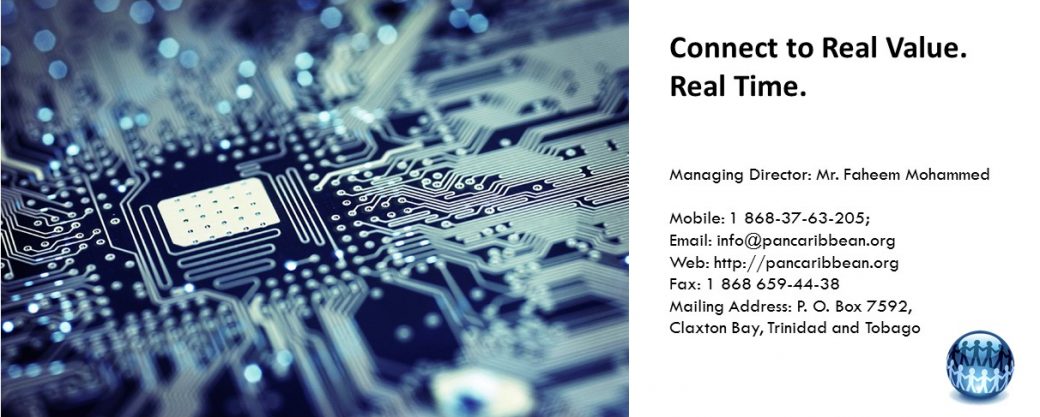Over the past few weeks I have had a lot of students demonstrate excellent synthesis of current and emerging technologies, and its contextualization in the Fourth Industrial Revolution (Industry 4.0) label that describes our transitional environment. While I am really happy for this, hands down the greatest concern seems to be that of job loss and structural unemployment that can result from automation and AI-driven processes. This concern is not just relatable, but has been around for some time (an extension of the English Luddites of the early 19th century comes to mind).
Whilst we know the nature of the organisation and the nature of work itself is being transformed daily by the diffusion of technologies that are cascading into our operating environment (in particular robotics, cognitive augmentation and deep learning), there is the lingering sentiment that investment in technology is a zero-sum option – it will come at the expense of people. And this has been demonstrated in some facets of the workplace and wider society – many manual and administrative positions have been automated and staff made redundant in the recent local past; the PC era of the 80’s triggered the resulting flattening and widening of organsational structures (at the expense of middle management), even the Turing tests and our very ability to discern human from machine responses.
I think it is important to note as well the rise of knowledge workers and the subsequent emphasis on the augmented workforce are indications that the zero-sum option is not the only one, or even if it is in some sectors, it is still some ways away. Or at least, there is a humanistic approach to ensuring the integration of more technology into people-intensive workflows. Today there are a lot of conversations around rethinking talent and the human aspects of work that will remain essentially ‘human’, of companies’ abilities to reskill, retool and redeploy talent, and do this quickly. But more fundamentally, there is a need for us to consider, at the firm and at the individual level, the role of technology to us, and our strategies for engaging same.
At the firm level, the consideration is not just on the implications on staffing, but also on competitiveness and the ability to respond to changing market dynamics. For this all stakeholders need to be on board – driven by relationships based on mutual respect and trust – a core role of leadership, essentially. At the individual level, I have seen some students express fear of technology and its impact on their career moving forward. The other side of the coin is of course there is a bright future for not only those who are digitally empowered to contribute to organizational efforts, but moreso those who would create that jobs that technology would be doing. It takes some reorientation, but it comes back to a fundamental question – do you think it’s worth the effort?

